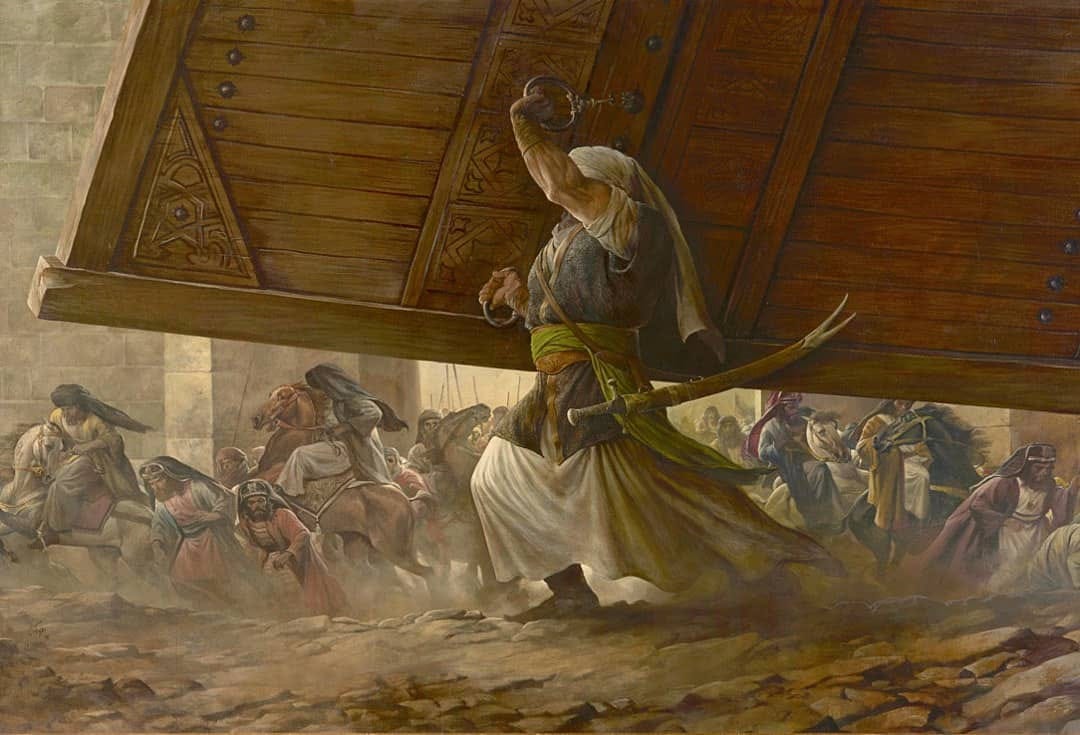wa-bi-quwwatika allatī qaharta bihā kulla shayʾin
and [I beseech you] by your strength, by which you prevail over all things
God’s strength is unlike our strength. Our strength boils down to capabilities, like hearing, sight, smell, touch, cognition, etc., all of which are particular and, ultimately, from God. By contrast, God’s strength is unbounded. So the supplicant is saying: I beseech you, God, by your strength, before which all things in existence are subdued and with which everything in existence must comply.
God’s strength is identical to his essence. Every other power is nothing but the diffusion of God’s strength, the way rays of sunlight are simply the diffusion of the sun’s own light. “There is no power or force except what proceeds from God” (lā ḥawla wa-lā quwwata illā billāh). Everything in existence succumbs to God’s strength and depends upon his will. Quran 41:11 illustrates this beautifully: “Then he turned to the sky, which was smoke, and said to it and the earth, ‘Come into being willingly or unwillingly,’ and they said, ‘We come willingly.’”
This is what Ali meant when he said, “I did not rip the gate from the fortress of Khaybar by any physical strength of my own—it was divine strength.”
امام حق کسی باشد که داد او را نبی دختر
خدا هم دلدل و خنجر که تا خیبر گشا باشد
امام حق کسی باشد که باشد بت شکن در دین
نه هم چون ناصبی بی دین که معبودش ریا باشد





The "rays of the sunlight" metaphor is used in the Hindu tradition by those who affirm God's attributes (saguṇa) and argue that the individual (jīva) has a real existence that is simultaneously and inconceivably both one with and different from God (acintya bhedābheda). I am addressing this issue in my dissertation, and if you know of a Muslim theological or mystical text which uses this metaphor please let me know!